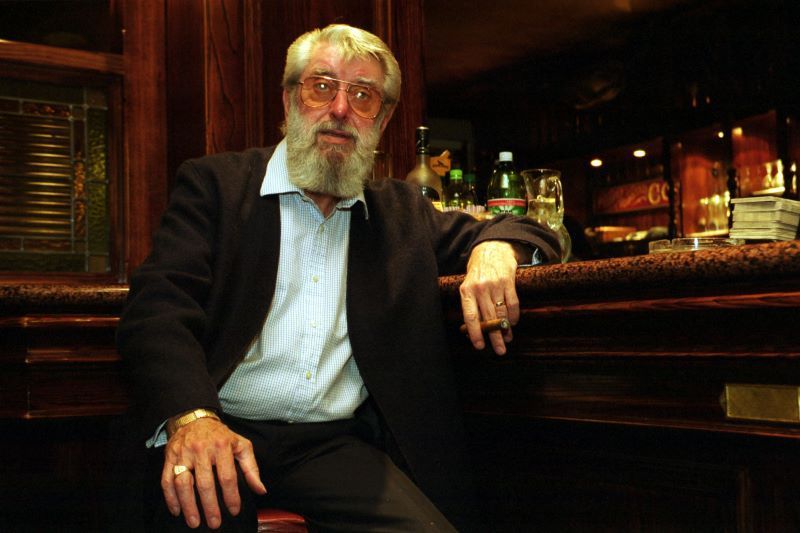Can former Anglo Irish Bank CEO David Drumm get a fair trial in Ireland?
That is a question that his extradition defense lawyers are sure to ask when the case against him commences, if the US Justice Department even agrees to extradite him.
The answer could well be no.
The expert opinion in the US appears to be that Drumm, perhaps the most wanted man in Ireland and the scapegoat for the entire banking crisis that almost brought the country down, may avoid extradition.
The Irish government is now seeking his extradition after Drumm, who is now living and working in the US, failed to win a bankruptcy proceeding in Boston. Two of Drumm's senior associates from Anglo Irish Bank were recently convicted in Dublin of fraudulently lending money to investors who would then use that money to buy Anglo Irish shares.
However, both men received only community service sentences. Justice Martin Nolan determined that the government regulator deserved a huge amount of the blame for the illegal scheme because he was aware of it, but did nothing to stop the transaction.
Drumm may well have grounds for claiming he would not get a fair trial in Ireland including comments from Justice Nolan in that trial of of the two Anglo executives. As he handed down the sentences for the two men Justice Nolan stated that “Drumm was the instigator and author of the scheme” for which they were being tried. A defense attorney for one of the two men described the trial as being “Hamlet without the prince.”
Do such comments, coming from prominent sources, show a presumption of guilt? And will that be enough to prove to a US extradition judge that Drumm is not capable of receiving a fair trial?
The other issue is that the presiding judge found he could not sentence the two Anglo Irish associates to prison time as the government’s own financial regulator had approved their scheme.
“I find it incredible that the red light did not go off in the regulator’s office,” Judge Nolan stated, placing a large proportion of the blame there.
US law is also clear that a person can only be extradited based on the alleged crime also having a corresponding crime in the US. In this case there is no specific law in the US barring a company loaning money to shareholders to buy its stock.
While the specifics of the extradition warrant from Ireland remain unknown, there is little doubt given the outcome of the case in Dublin that there will be considerable difficulty pinning the tail on the scapegoat.
As to the possibility of deportation rather than extradition, Drumm’s work visa is an E2 investor’s visa and while it expires in May there can be no grounds to remove it, says a top immigration lawyer, unless Drumm has been convicted of a crime.
Expectations in Ireland of a quick Drumm return are completely unrealistic. IRA extradition cases during The Troubles dragged on for years. The Joe Doherty case, perhaps the most famous of all, dragged on for nine years before he was deported not extradited.
Many IRA operatives escaped extradition by convincing judges that they could not get a fair trial in the North or Britain. (In a complete aside, one of the cases at one point involved a judge called Ira H. Block – I kid you not).
It would be ironic in the extreme if the Drumm case proved to be the same.




Comments